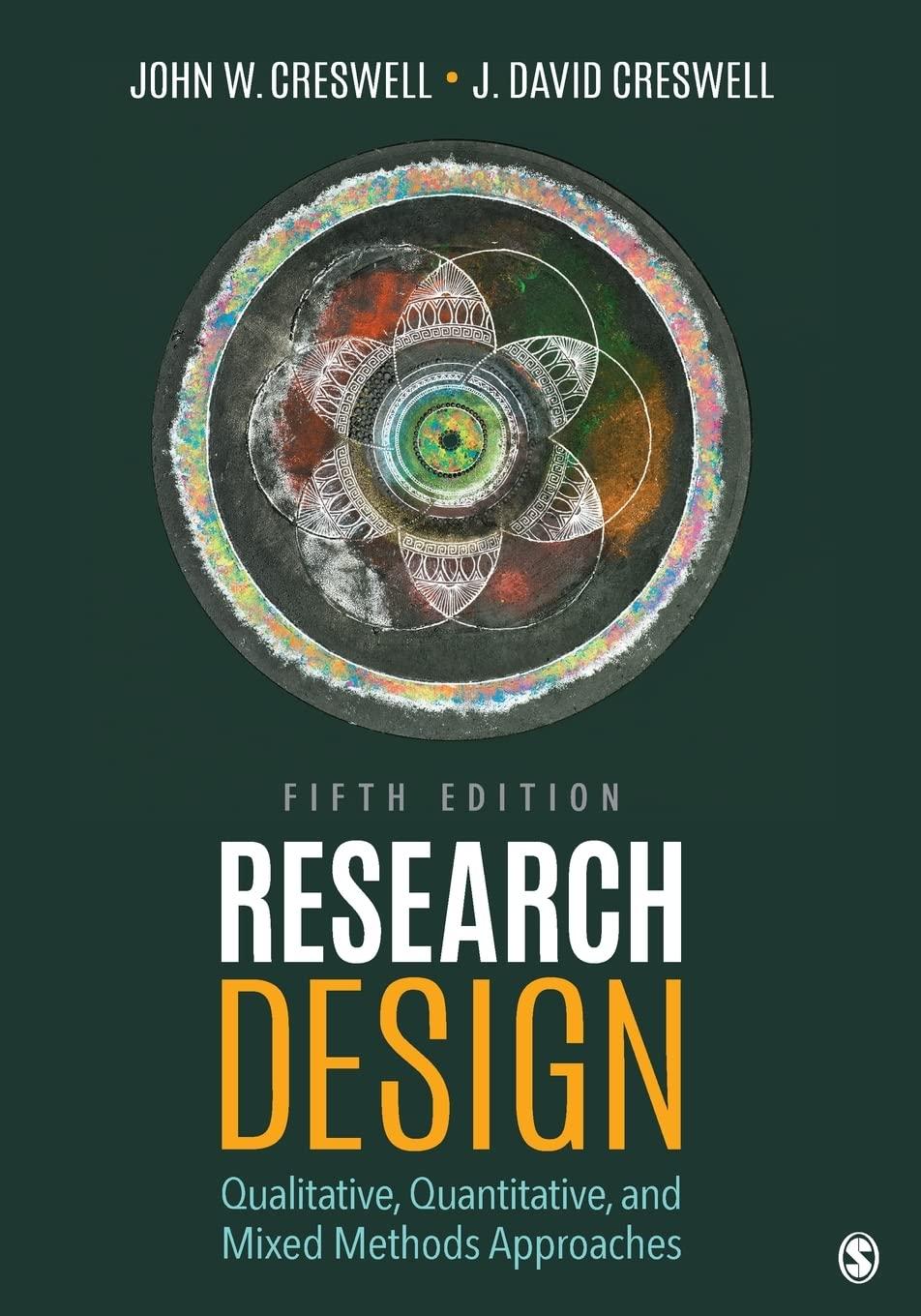Question
1. (36 marks total) Math Review: Recall the IS-LM model from your intermediate macro course.1 In particular, the goods-market equilibrium condition (GMEC) was Y =
1. (36 marks total) Math Review: Recall the IS-LM model from your intermediate macro course.1 In particular, the goods-market equilibrium condition (GMEC) was Y = C (Y T)+I (r)+G, and the money-market equilibrium condition (MMEC) was m = L(r, Y ). Here, the exogenous variables are G (government spending), T (taxes), and m (real money supply). The endogenous variables are Y (output, or income) and r (real interest rate). C () is the consumption function, which is increasing in disposable income Y T, but less than one-for-one (i.e., 0 < C0 < 1). I () is the investment function, which is decreasing in r (i.e., I 0 < 0). L(, ) is the demand function for real money balances, which is decreasing in r, and increasing in Y (i.e., Lr < 0, LY > 0). (a) (4 marks) Totally differentiate the GMEC, allowing all variables (endogenous and exogenous) to potentially vary. (b) (3 marks) Totally differentiate the MMEC, again allowing all variables (endogenous and exogenous) to potentially vary. (c) (5 marks) For given values of the exogenous variables, the IS curve is defined as the combinations of Y and r that put the goods market into equilibrium; that is, it's the solution curve for the GMEC. Find the slope of the IS curve (i.e., find dr/dY for it). Determine the sign of this slope.2 (HINT: We are holding the exogenous variables in the GMEC constant here, and allowing only the endogenous ones to vary. Use this fact to simplify your answer from (a), and then solve it for dr/dY .) (d) (4 marks) For given values of the exogenous variables, the LM curve is defined as the combinations of Y and r that put the money market into equilibrium; that is, it's the solution curve for the MMEC. Using steps analogous to part (c), find the slope of the LM curve (i.e., find dr/dY for it). Determine the sign of this slope. 1 If you don't remember or have never seen this model before, don't worry, all the info you need to answer the question is given to you here. 2Throughout this course, "determine the sign of x" means determine whether x is (a) positive, (b) negative, (c) zero, or (d) it's not possible to say. 1 Econ 4021B - Winter 2021 Dana Galizia, Carleton University (e) (8 marks) Recall that (short-run) equilibrium occurs when both the goods and money markets are in equilibrium, i.e., when both equilibrium conditions hold simultaneously. Let Y and r denote these short-run equilibrium quantities of Y and r. Replacing dr = dr and dY = dY in your answers to (a) and (b), solve for changes in the endogenous variables (dr and dY ) explicitly in terms of changes in the exogenous variables (dG, dT, and dm). (f) (4 marks) Using your answers from (e), find the impact of an increase in G on the equilibrium, holding the other exogenous variables constant (i.e., find dY /dG and dr/dG). Determine the signs of these derivatives. (g) (4 marks) Using your answers from (e), find the impact of an increase in T on the shortrun equilibrium, holding the other exogenous variables constant (i.e., find dY /dT and dr/dT). Determine the signs of these derivatives. (h) (4 marks) Using your answers from (e), find the impact of an increase in m on the shortrun equilibrium, holding the other exogenous variables constant (i.e., find dY /dm and dr/dm). Determine the signs of these derivatives.
Step by Step Solution
There are 3 Steps involved in it
Step: 1

Get Instant Access to Expert-Tailored Solutions
See step-by-step solutions with expert insights and AI powered tools for academic success
Step: 2

Step: 3

Ace Your Homework with AI
Get the answers you need in no time with our AI-driven, step-by-step assistance
Get Started


